Discover Channel Islands
-
Top 5 Reasons to visit the Channel Islands
- Unique Culture: given their location, the Islands offer a fascinating blend of British and French influence, from British charm and French cuisine to distinctive local traditions, a unique change from the mainland.
- Rich History: from their Norman roots to their German occupation during World War II, the Island’s castles, museums and historical sites, such as the Jersey War Tunnels, bring their fascinating history to life.
- Stunning National Beauty: Similar to the USA’s Channel Islands, the UK’s Channel Islands are a nature lover’s paradise. Hike along rugged coastlines, sandy beaches, and rolling hills, and simply enjoy the outdoors.
- Island Vacay with a Twist: Tired of the same sandy beaches in the tropical heat? Try a distinctly different island vacation that’s quintessentially British and French and yet completely its own. The Channel Islands offer a peaceful escape with a tranquil and slower-paced lifestyle.
- Culinary Highlights: Savor local delights like Guernsey cream and fresh seafood and dine at Michelin-starred restaurants and charming artisan eateries.
![Top 5 Reasons to visit the Channel Islands]()
-
FAQ: The Channel Islands
Are the Channel Islands part of the UK?
The Channel Islands are a group of islands located in the English Channel near the coast of France, the largest being Jersey, followed by Guernsey and others.
The islands are actually self-governed British Crown dependencies, grouped into the Bailiwicks of Guernsey and Jersey, meaning they have their own local laws, customs and forms of administration.
So, although they are not part of the UK, they are considered territories for which the UK is responsible.
![FAQ: The Channel Islands]()
-
FAQ: Channel Islands
When is the best time of year to hike in The Channel Islands?
Being closer to France than England, The Channel Islands experience more hours of sunshine than any other part of the UK, and they tend to have warm summers and mild winters.
Having said that, they are islands, so of course can be susceptible to changeable weather at times. From April to Oct. you can usually rely on mostly sunny days.
July and August can be busy with other vacationers, meaning the main towns will be much busier. So, if you do wish to travel at that time of year, we recommend booking early!
![FAQ: Channel Islands]()
-
FAQ: Channel Islands
How long does it take to get to The Channel Islands?
Despite their 'remoteness', the Channel Islands are actually very easy to get to. You can fly direct from the USA/Canada, with a stopover in London Heathrow, making the islands an accessible yet distinct destination for the UK and Europe. There are regional flights from several UK cities, taking 45min-1.5 hours.
They are also well-connected by ferry services should you wish to slow down your travel experience and arrive by boat instead. By sea, you can catch ferries from Poole or Portsmouth in the UK to Jersey, which take 4-10 hours, or also from St Malo in France, which is just 1.5 hours. To Guernsey, the ferry from Poole takes around 3 hours.
![FAQ: Channel Islands]()
-
FAQs: The Channel Islands
Which language is spoken on the Channel Islands?
While the islands have their own dialects (Jerriais and Guernésiais), English is widely spoken, making it easy for North American visitors to communicate and enjoy their visit without the language barrier often found in other European destinations. Uniquely, on the island of Jersey, you’ll find road signs in French.
Both Jerriais and Guernésiais are old Norman languages that were especially used during the German Occupation of WWII, though both are in much less use by the general population today.
![FAQs: The Channel Islands]()
-
Eat your way around the Channel Islands!
From freshly caught seafood to an abundance of local produce, the Channel Islands have plenty to offer on the gastronomic front! With a number of Michelin-starred restaurants in Jersey and several small artisan restaurants and cafes in Guernsey and neighboring Sark, there are delectable opportunities for any foodie! Here are some tasty treats around the islands:
Ormer Casserole - a tasty casserole dish made with ormers (a type of shellfish), pork belly, carrots, shallots and plenty of that famous Guernsey butter!
Guernsey Gâche - a sweet fruit loaf made with lashings of butter (can you see the theme?), raisins, and cherries. You will find this served in most cafes around the island of Guernsey.
Jersey Wonders - a sweet snack similar to a donut but without a filling, traditionally made by Jersey housewives as the tide went out.
Jersey Royal Potatoes - due to Jersey's favorable climate and rich soils, potatoes like this cannot be grown anywhere else. They are sweet and slightly nutty in taste.
Guernsey Ice Cream - the cattle in Guernsey produce some of the finest and tastiest milk and this of course produces the most wonderful ice cream! Beware though, the milk is high in fat so while it may taste extremely good after a day's hiking, it may do some damage to your waistline!
Freshly caught Lobster - La Sablonnerie Hotel is a delightful little French-style restaurant on the island of Sark where you can eat the most delicious lobster in their rose-filled garden. An experience definitely worth penciling in some time for in your day!
![Eat your way around the Channel Islands!]()













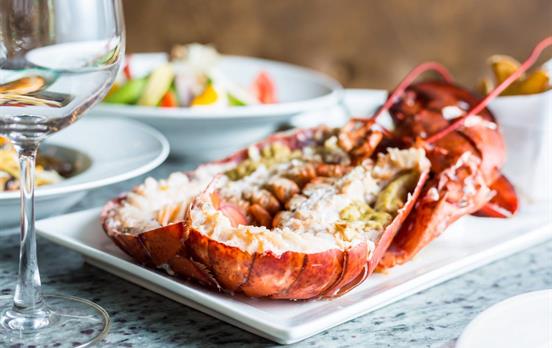
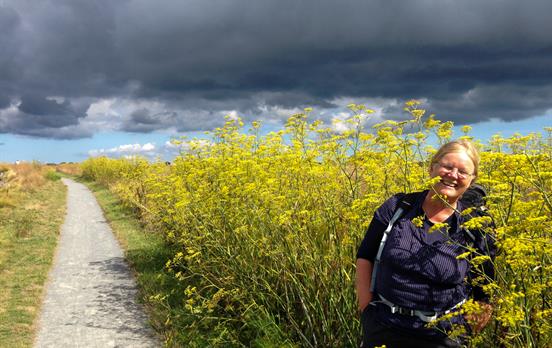
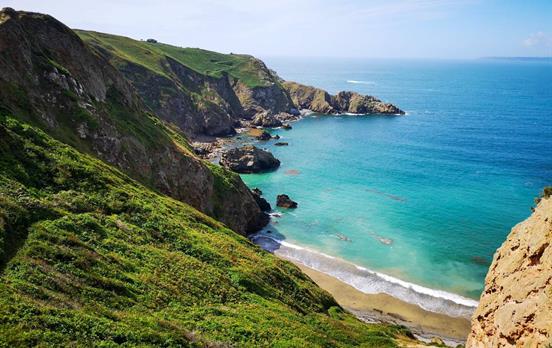
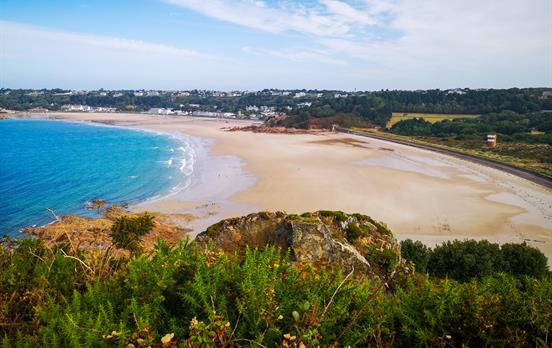
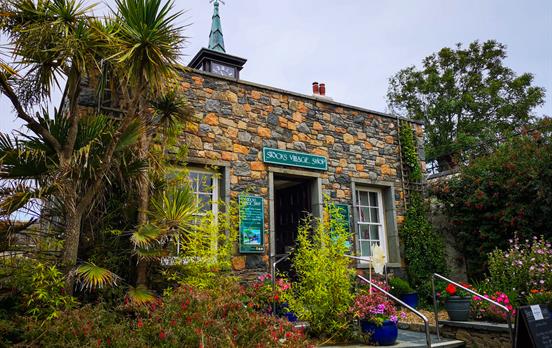
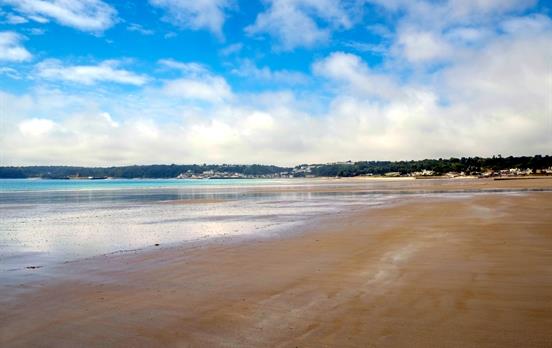
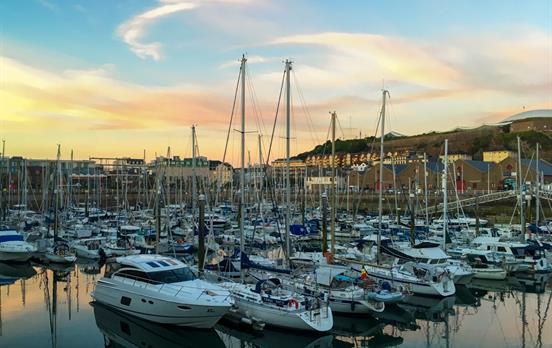
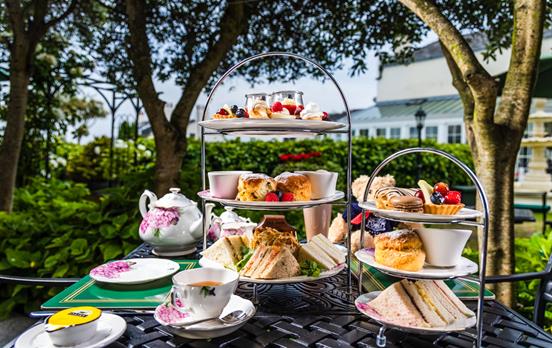
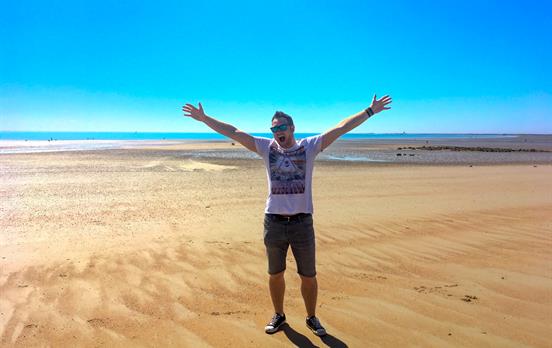

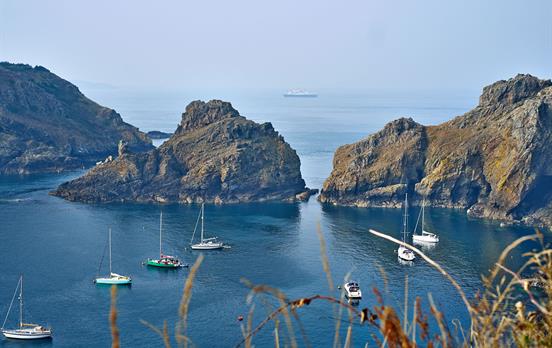














 Canada
Canada